
It's graduation season. The April 26 New York Times Book Review included a piece about novelist David Foster Wallace, whose commencement address at Kenyon College in May 2005 has now been published as a book by Little Brown: This is Water: Some Thoughts, Delivered on a Significant Occasion, about Living a Compassionate Life.
(There's a quote on the Little Brown page from a review: "Wallace might just be the smartest essayish writing today" - THE GUARDIAN. Hello, does anybody proofread anymore? Wallace might have gotten a kick out of that one, but it looks pretty lame sitting on the page of a book that is getting a lot of attention these days.)
Writer Tom Bissell, in the NYT Book Review, notes sympathetically the excision in the essay of a significant sentence, the second one in this phrase:
It is not the least bit coincidental that adults who commit suicide with firearms almost always shoot themselves in: the head. They shoot the terrible master.
In the book, every sentence stands alone on its own page, perhaps to give it something like "added profundity." White space rests the eye, and the mind – the very one Wallace recalled in relation to “the old cliché about the mind being ‘an excellent servant but a terrible master.’ ” Bissell notes that the speech had previously come across his desk via email, as a transcript that had been posted, and widely circulated, on the Internet.
On May 10th The Book Review contained a correction: the Kenyon address had also been published earlier in The Best American Non-required Reading 2006, edited by Dave Eggers. Somewhat suspicious of the pretentious layout in the new book (and irritated by the edit – the introduction of the terrible image makes more sense in relation to the sentence that follows), I thought I'd buy the essay in that anthology, which seems more fitting (to me) for Wallace, somehow.
Over at Amazon last Sunday afternoon, it was possible to find used copies of this book for as little as 79¢. But they are going, going, soon-to-be-gone. Here's a portion of one on-line reader's review, with comments about other Eggers-selected voices in the surrounding context:
This edition, like all the others increased my awareness of the world and my own relation to it. Which brings me to the first shout out. David Foster Wallace, who's written a lot of stuff that I just couldn't get into (Infinity and Beyond, anyone?), contributed a commencement speech that he gave at Kenyon in 2005. It blew my mind wide open...
Vonnegut's writing lessons were hilarious, Sweeney's religious meanderings were full of wonderful precision of language (reminding me of Kevin Smith's Dogma), and Saunders's fluctuating feelings about the Xtreme luxury of Dubai were an insight into how the disparity of wealth in the world affects people. I also enjoyed Rakoff's ambivalent conversion to American citizenship.
Murakami's story was a great modern parable about love, Lewis's essay said a lot about the insidious distrust of African-Americans that came to the surface during the aftermath of Hurricane Katrina, and Downey's sympathetic tale of an Al Qaeda soldier's journey illustrates the sentiment that in every conflict, each combatant always believes that he is right. And I loved the new stuff: the best first lines, the best new words, and especially the best facts about Chuck Norris!
As with any BANR, there were some pieces not to my taste, but on the whole, it has yet to disappoint.
Searching for the Egger's collection (which is rapidly disappearing from cyberspace, as did the link to Wallace's Kenyon address), I came across The Best American Essays, edited by David Foster Wallace and Robert Atwan. I also reread this tribute, by A.O. Scott, one of many concerned with Foster's death and legacy. This link, at The New Yorker blog, takes you to many other places, too, a "vast and growing system of Web sites, e-mails, message boards, and blogs—and comments on those blogs, and comments on those comments, ad infinitum. His life has a lot of footnotes." Here is a link to the longer portrait in The New Yorker, "The Unfinished" by D. T. Max.
Why do we care? Because writers give us a glimpse of the human psyche – the conflicted, complicated "terrible master" – available nowhere else.





























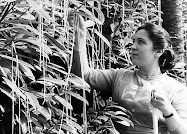


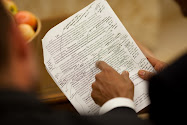
























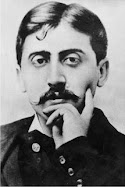






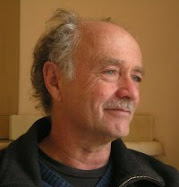











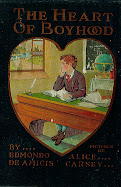
















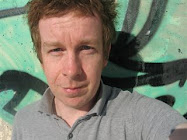































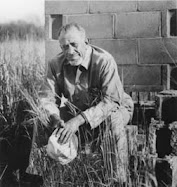









.jpg)














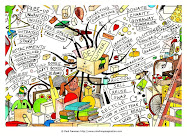






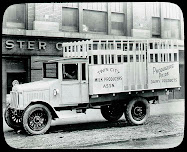





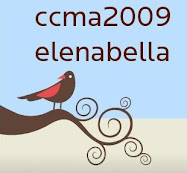





























































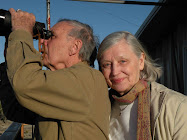
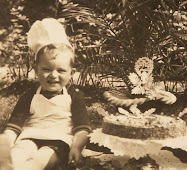














































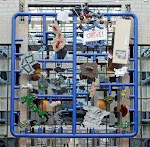.jpg)








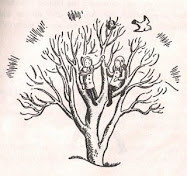







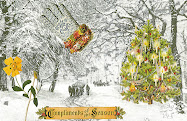



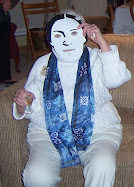




















































































2 comments:
I have to say... does anyone else who has been (enthusiastically and normally, based on the search suggestions from google) find that it is a fucking shame that an actual audio or video recording of the man himself reading this is apparently unavailable? He did not intend this as a commercial project, and while I think the publication of these sentiments is worthy, it seems bizarre, perhaps enforced by a relevant copyright-holder, that no such file can be found. Obviously, this file exists somewhere, as TTBK on NPR broadcasted an excerpt of Wallace reading this piece, and it is absolutely powerful, much more so than the text version. We need to hear the whole thing.
Ask and you shall receive:
http://www.youtube.com/watch?v=M5THXa_H_N.
Post a Comment